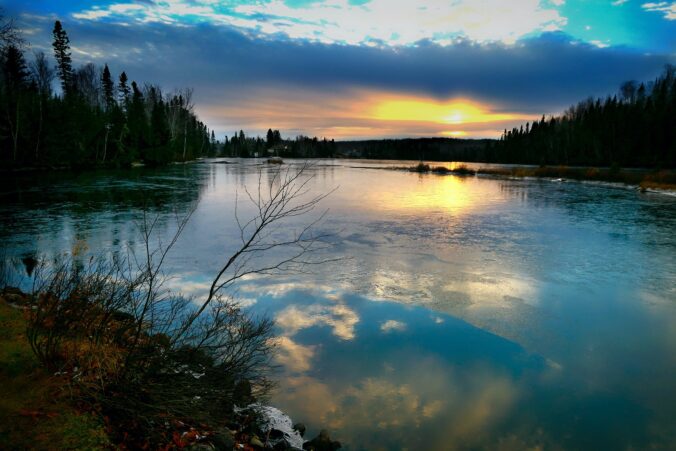“The recent flood in Ahrtal (Germany) is a sign of the man-made climate change.” Or more general: “The extreme weather event X in country/ region/ city Y has been caused by man-made carbon dioxide emissions.”
These statements or similar versions have recently been all over the media. And as with many things that are being repeated frequently, they are simply not true. The distorted truths communicated on many news outlets have been outlined by German climate scientist Hans von Storch in his latest book on the historical evolvement of climate sciences.
His major insights sound basic but are oftentimes forgotten in the public discussion.
👉 Climate change has two components
The first one is a natural, stochastic one. It’s like noise. Temperature averages are fluctuating over time and they will continue to do so. This has nothing to do with external forces. The second one is an external, man-made component. This one is due to increased levels of carbon dioxide emitted by man. This is the climate change that is often referred to on the media.
These components are hard or nearly impossible to distinguish. In case of extreme events (e.g. floods, fires etc.) both components come into play. Claiming a single weather event is due to one of those components only is just not based on the scientific facts.
👉 Climate change is currently being discussed from two angles
One is the change of geo-physical climate system. Here we are talking about climate in the sense of weather statistics. This is very well covered by climate sciences.
The second one is the discussion of expected consequences such as tipping pints and extreme weather events. This discussion is very much a political one.
👉 Climate change needs to be tackled in two complementary ways
When it comes to actions on responding to the climate change described above, two approaches need to be balanced.
In the mitigation approach, we need to reduce carbon dioxide emissions to lower carbon dioxide levels and limit man-made climate change. This usually occurs on a national/supra-national level. At the same time we need the adaptation approach. Our societies need to adapt to climate change that will occur despite mitigation since reduction of carbon dioxide emissions will not prevent future extreme events such as floods etc. This is a task on regional and local level.
If we are aware of these basic climate change facts, it is possible to separate climate sciences from politics. And the task for politics is then to balance mitigation and adaptation strategies in a reasonable ratio.


Leave a Reply